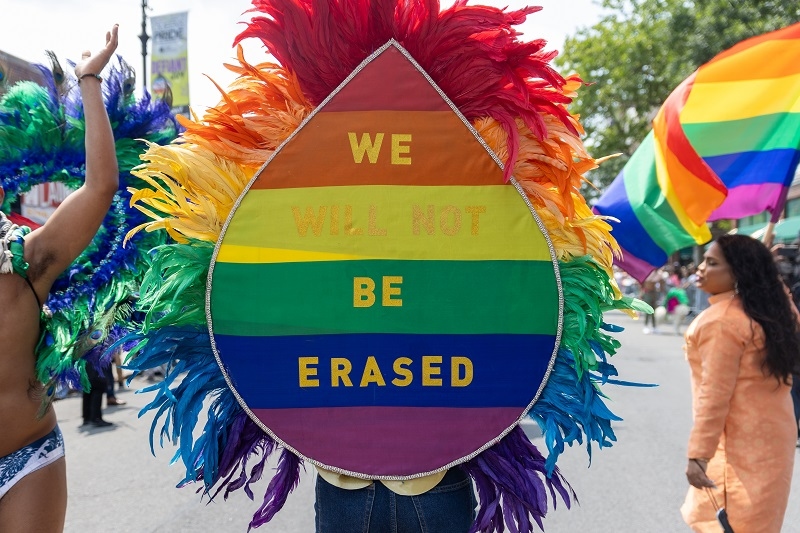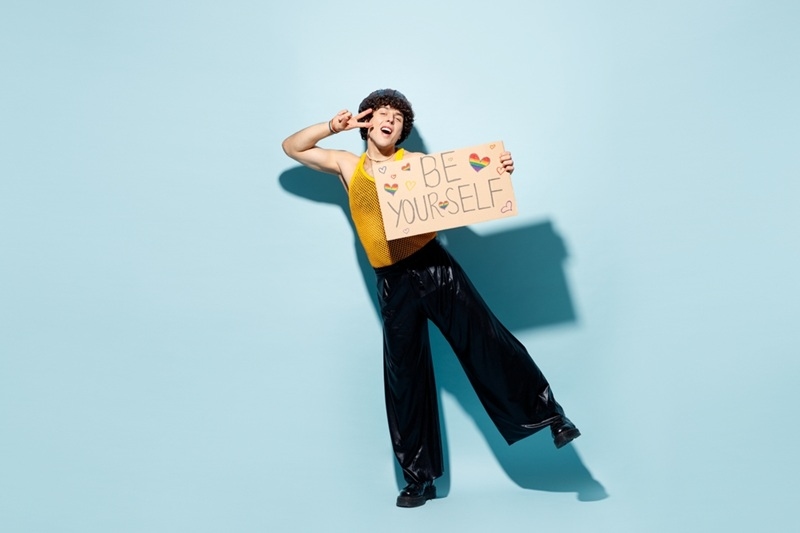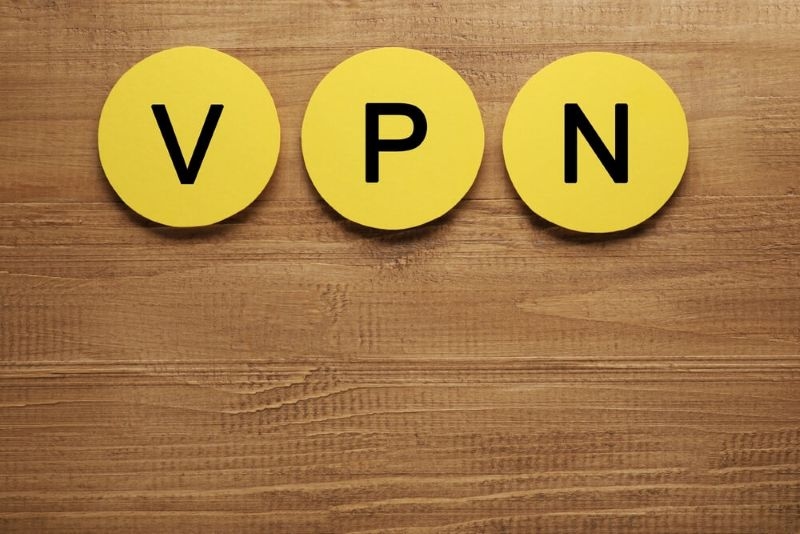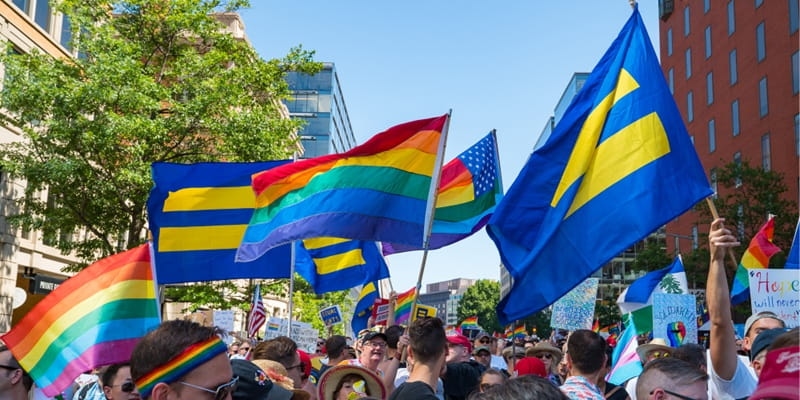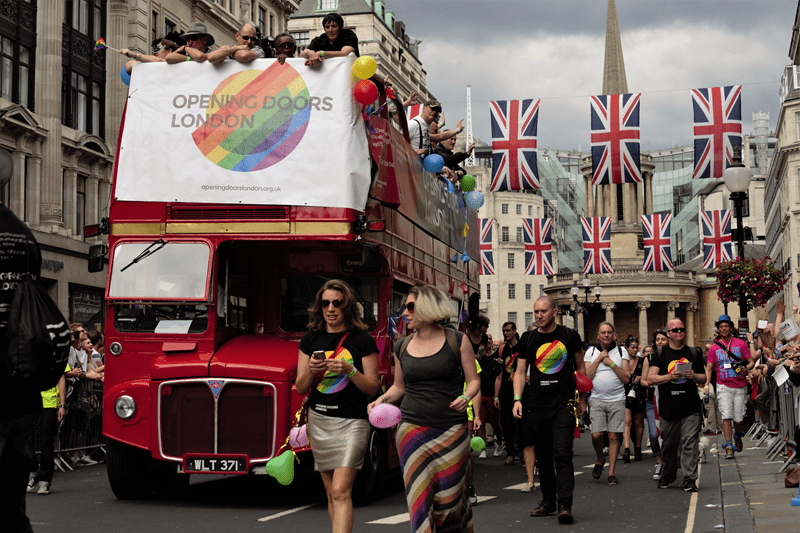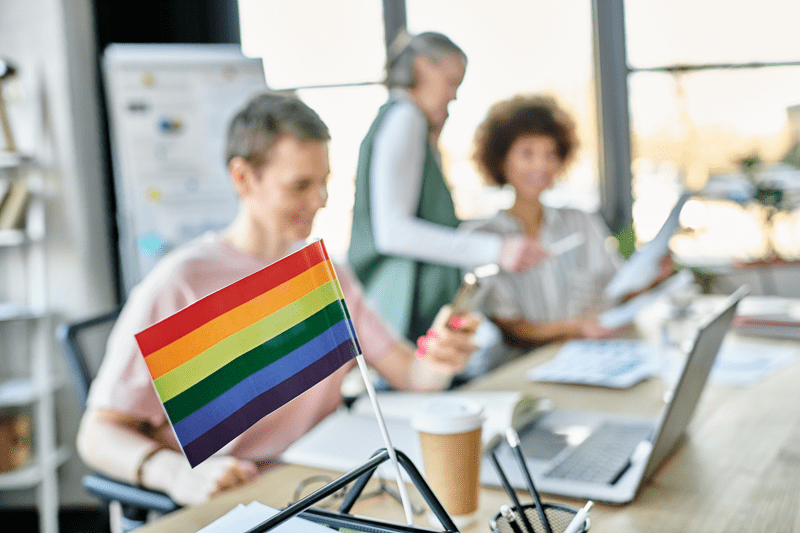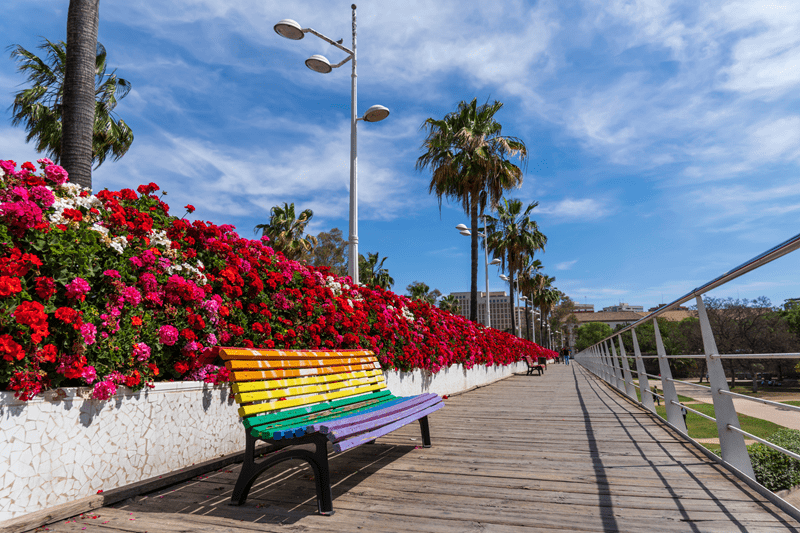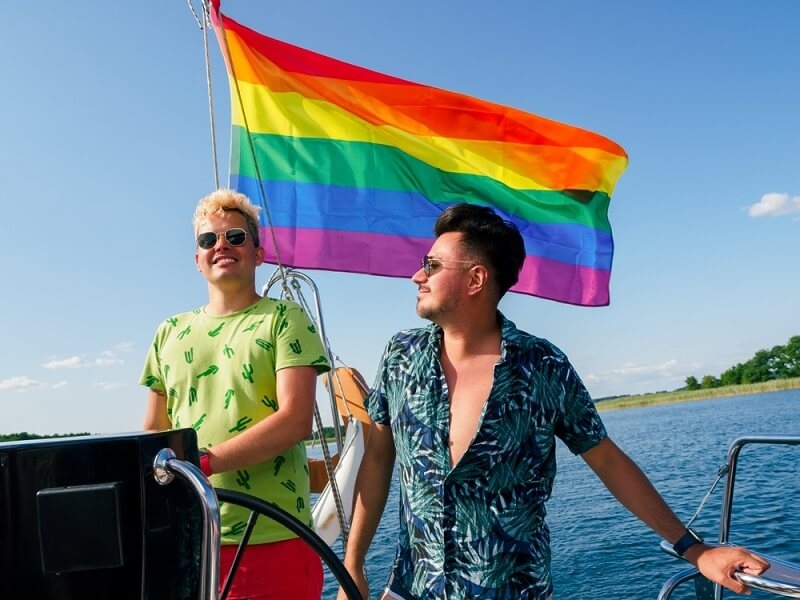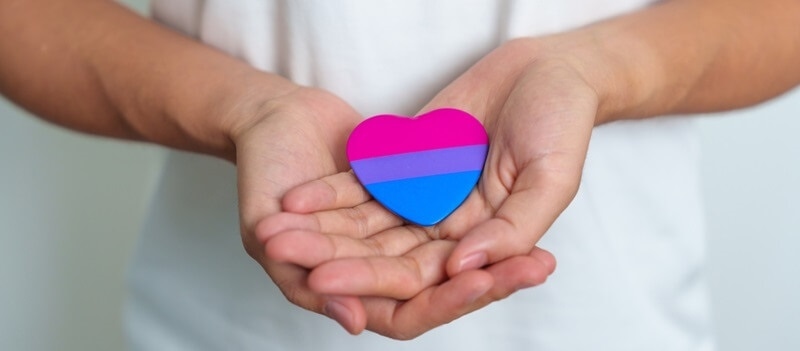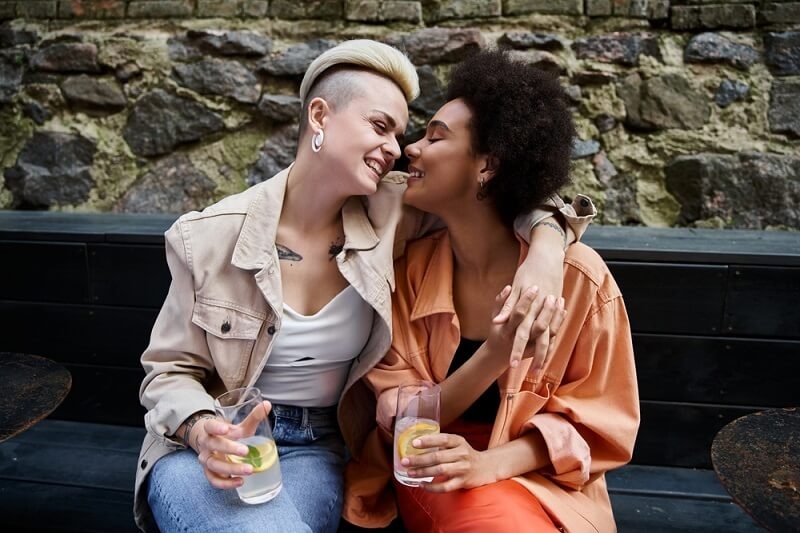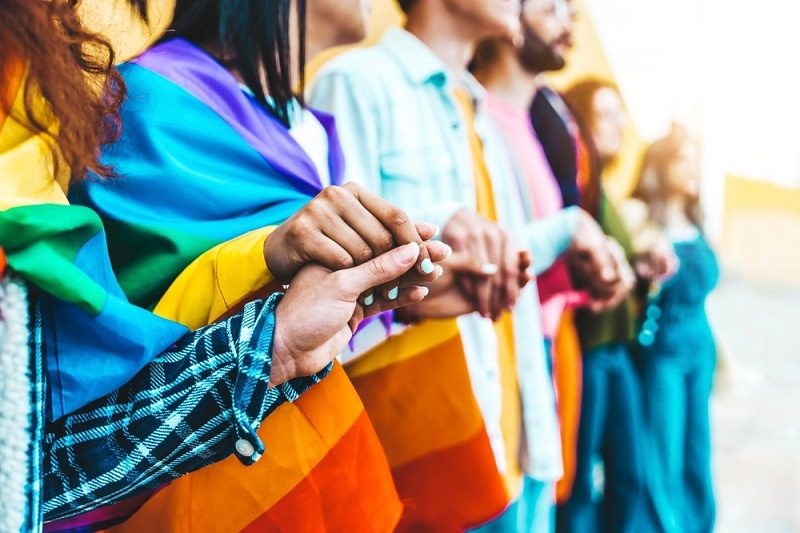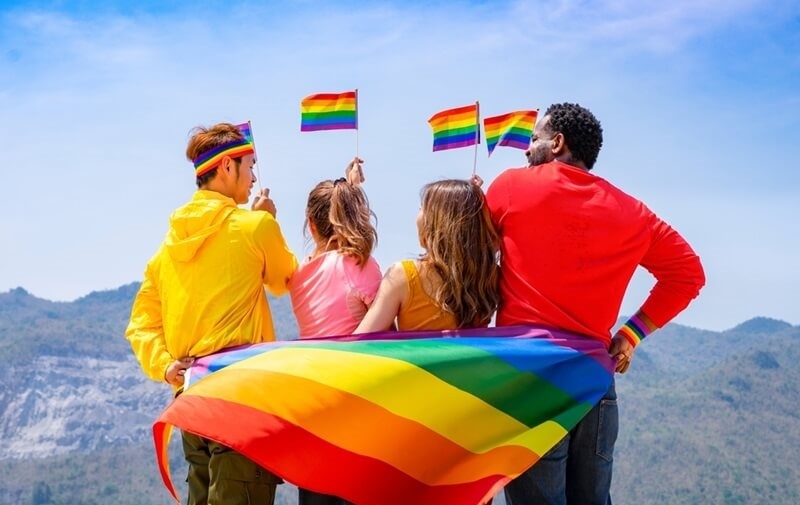Queer Athletes: Their Journey in Sports and Pop Culture

The relationship between queer identity and the world of sports is complex and multifaceted. Sports, traditionally seen as a bastion of heteronormative values, have often been unwelcoming to those who identify as LGBTQ+.
Despite this, many queer athletes have made significant strides, challenging stereotypes and advocating for inclusivity. This dynamic interplay has led to a broader cultural shift, influencing both sports and pop culture.
Historical Context of LGBTQ+ Representation in Sports
LGBTQ+ representation in sports has evolved considerably over the years. Early pioneers like Martina Navratilova, who came out as gay in 1994, paved the way for future generations of queer athletes. Her courage and success highlighted the need for acceptance and equality in sports.
Over time, various events and movements have furthered this cause, although discrimination and challenges persist. The portrayal of queer athletes in media has also played a crucial role, both reflecting and shaping societal attitudes.
Queer Identity in Athletics
Historical and Cultural Significance
The history of queer identity in sports is rich with stories of resilience and defiance. From the early 20th century, when queer identities were often marginalized, to the present day, LGBTQ+ athletes have fought for their place in the sporting world. Their contributions have not only enriched sports but also highlighted the need for broader social change.
Challenges and Discrimination
LGBTQ+ athletes face a unique set of challenges, including discrimination, stigma, and exclusion. Many have encountered hostility from teammates, coaches, and fans. Institutional barriers, such as policies that enforce rigid gender norms, further complicate their participation. Despite these obstacles, many athletes have continued to excel, using their platforms to advocate for change.
Pioneering Figures and Key Events
Figures like Billie Jean King and events like the Gay Games have been instrumental in advancing queer representation in sports. Kings advocacy for gender equality and LGBTQ+ rights, combined with her achievements on the court, has made her a legendary figure. The Gay Games, founded in 1982, provide a safe and inclusive environment for LGBTQ+ athletes to compete and celebrate their identities.
Schuyler Bailar: A Trailblazer

Image: boston.com
Introduction to Schuyler Bailar
Schuyler Bailar is a trailblazing figure in the realm of sports, known as the first transgender athlete to compete in NCAA Division I mens swimming. His journey is a testament to courage and perseverance, breaking new ground for transgender athletes.
Journey, Challenges, and Achievements
Bailars decision to transition while pursuing a collegiate swimming career was fraught with challenges. He faced not only the physical and emotional demands of transitioning but also the societal pressures and potential backlash. Despite these hurdles, Bailar excelled, becoming an inspiring figure for many.
Advocacy and Awareness Efforts
Bailars advocacy extends beyond his athletic achievements. Through social media and public speaking, he raises awareness about the issues facing transgender individuals. His discussions on topics such as menstruation and the inclusion of trans athletes in sports aim to educate and foster understanding.
Key Messages from Bailars Advocacy
Bailars messages emphasize the importance of acceptance and inclusivity. He challenges traditional notions of gender in sports and advocates for a more compassionate and informed approach to issues like menstruation, underscoring that such experiences are not confined to one gender.
Milestones and Representation in Queer Sports History
Significant Moments and Influential Figures
The history of queer representation in sports is marked by significant milestones. Athletes like Greg Louganis, who came out as gay and disclosed his HIV status, and events like the establishment of the You Can Play project, have been pivotal. These moments have contributed to a growing acceptance and recognition of LGBTQ+ individuals in sports.
Impact on Societal Perceptions
These milestones have had a profound impact on societal perceptions of queerness in sports. They have challenged stereotypes, fostered empathy, and demonstrated that athletic excellence knows no sexual orientation or gender identity. The visibility of LGBTQ+ athletes continues to inspire and pave the way for future generations.
Popular Culture and Queer Representation
Analyzing Queer Depictions in Media and Sports Content
The representation of LGBTQ+ individuals in media and sports content has seen significant evolution over the years. Historically, queer characters were often marginalized or depicted in stereotypical ways. However, contemporary media has started to portray LGBTQ+ athletes more authentically and diversely. This shift is crucial in promoting understanding and acceptance, as media plays a powerful role in shaping societal norms and perceptions.
Prominent Films and Series Featuring LGBTQ+ Athletes
Several films and television shows have highlighted the experiences of LGBTQ+ athletes, offering varied perspectives and stories. These portrayals are essential for bringing visibility to queer identities in sports and challenging traditional narratives. These media representations not only celebrate diversity but also inspire a more inclusive and accepting society.
Beautiful Boxer: The Journey of Parinya Charoenphol
"Beautiful Boxer" tells the inspiring story of Parinya Charoenphol, a Muay Thai boxer who underwent gender reassignment surgery. The film chronicles Parinya's journey from a young boy who enjoyed wearing makeup to becoming a renowned kickboxer and ultimately embracing her true identity as a woman. The movie beautifully captures the complexities of gender identity and the courage required to live authentically.
Rashmi Rocket: Tackling Gender Issues in Indian Sports
"Rashmi Rocket" is an Indian film that delves into the gender biases prevalent in sports. The protagonist, Rashmi, faces challenges due to her high testosterone levels, which are deemed atypical for female athletes. The film highlights the arbitrary nature of gender classifications in sports and advocates for a more inclusive approach. Rashmi's fight against societal and institutional barriers mirrors the broader struggle for gender equality in athletics.
Mario: A Story of Love and Acceptance in Soccer
"Mario" explores the romantic relationship between two soccer players, Mario and Leon. Set against the backdrop of a sport known for its machismo, the film addresses the difficulties of being openly gay in a traditionally heteronormative environment. Mario's internal conflict and the societal pressures he faces reflect the broader challenges that many LGBTQ+ athletes encounter.
Shelter: Navigating Love and Identity
"Shelter" focuses on Zach, a young surfer grappling with his sexual identity. The film portrays his relationship with Shaun, highlighting the intersection of love, family obligations, and personal aspirations. "Shelter" offers a nuanced depiction of the struggles faced by gay men, emphasizing the importance of self-acceptance and resilience.
Media's Impact on Public Perception
Shaping Public Opinion Through Storytelling
Media portrayals of LGBTQ+ athletes significantly influence public perceptions and attitudes. Positive and authentic representations can foster empathy, challenge prejudices, and promote inclusivity. For instance, stories that highlight the achievements and struggles of queer athletes help humanize their experiences and validate their identities. This narrative approach parallels the impact of media on LGBTQ+ wedding celebrations, promoting acceptance and understanding through shared stories.
The Role of Narrative in Normalizing Queer Identities
Storytelling is a powerful tool for normalizing queer identities in sports. By showcasing diverse experiences and breaking down stereotypes, media narratives can help integrate LGBTQ+ individuals into mainstream sports culture. Positive portrayals contribute to a more inclusive environment, encouraging acceptance and understanding.
Positive and Negative Depictions and Their Effects
Both positive and negative depictions of LGBTQ+ athletes have profound impacts. Positive portrayals, such as those in "Beautiful Boxer" and "Rashmi Rocket," celebrate queer identities and challenge harmful stereotypes. Conversely, negative or stereotypical portrayals can reinforce prejudices and hinder progress towards equality. The balance of these representations in media shapes the broader cultural narrative surrounding LGBTQ+ athletes.
Ongoing Challenges and Progress
Continued Struggles for Inclusion
Despite progress, LGBTQ+ athletes continue to face significant challenges, including discrimination, exclusion, and lack of representation. Many athletes still encounter hostility and bias, both within sports organizations and from the public. These challenges underscore the need for ongoing advocacy and support.
Recent Advancements in Representation
In recent years, there have been notable advancements in the representation of LGBTQ+ athletes. Increased visibility in media, supportive policies, and the efforts of allies have contributed to a more inclusive sports culture. However, there is still much work to be done to achieve full equality.
The Importance of Allies and Advocacy
Allies and advocates play a crucial role in supporting LGBTQ+ athletes. By promoting inclusivity and challenging discriminatory practices, allies help create a more accepting environment. Advocacy efforts, both within and outside sports, are essential for driving systemic change and ensuring that queer athletes can compete without fear of prejudice.
You may also like: Celebrating Diversity: Story of the Disability Pride Flag
Conclusion
The representation of LGBTQ+ individuals in sports and media has come a long way, with significant strides made towards inclusivity and acceptance. Films and shows depicting queer athletes have played a vital role in this evolution, highlighting their struggles and triumphs.
Continued support and allyship are crucial for furthering the acceptance of LGBTQ+ athletes. By fostering an inclusive environment and advocating for equality, we can help ensure that all athletes, regardless of their sexual orientation or gender identity, have the opportunity to succeed.
Inclusivity and representation are fundamental to a fair and just society. Celebrating and acknowledging the diverse experiences of LGBTQ+ athletes not only enriches the world of sports but also promotes broader social change. Through continued efforts, we can create a more accepting and supportive environment for all.
This content was created by AI

